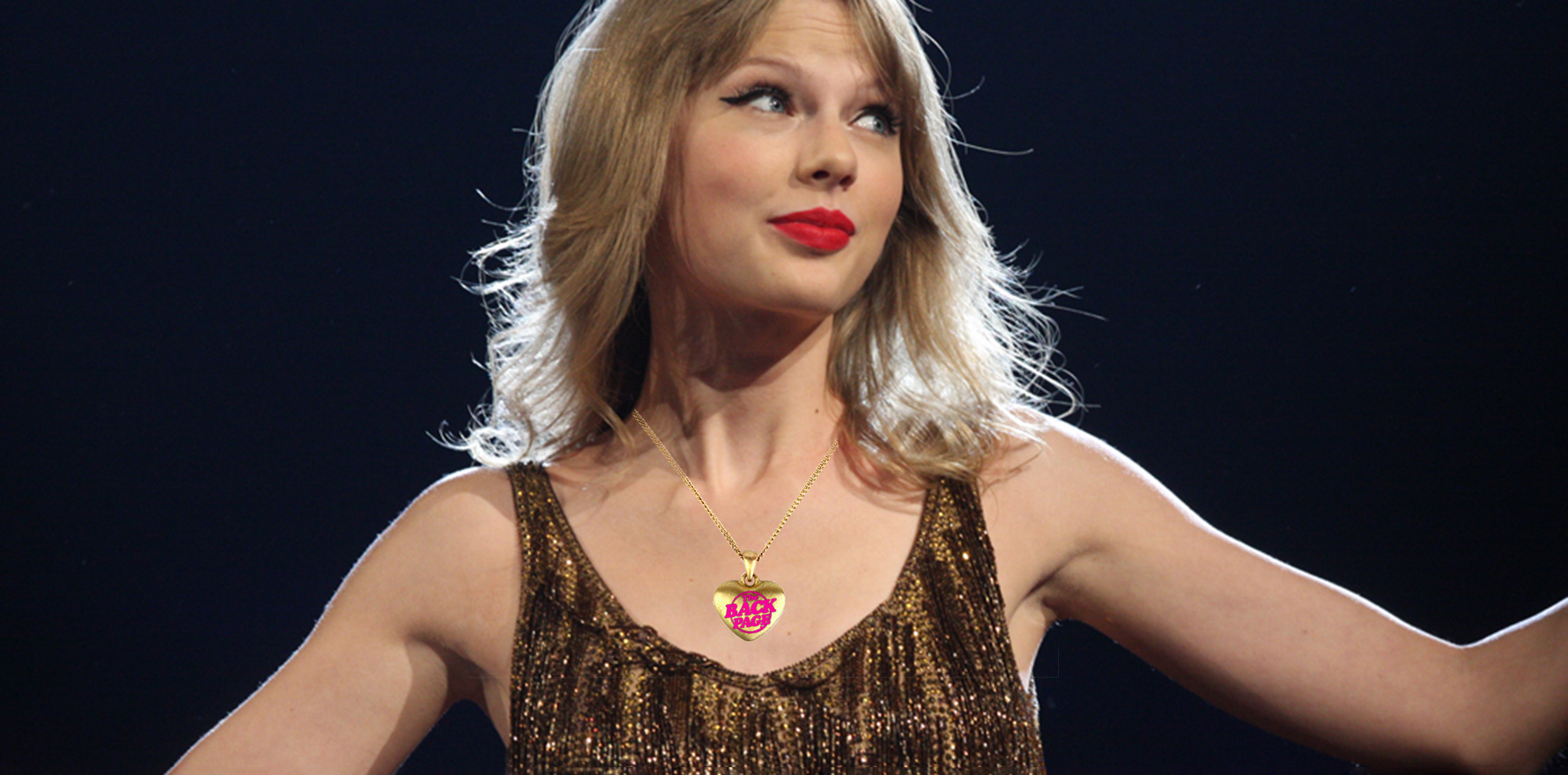And why fans are blacking out at Eras Tour concerts.
You could be reading this at the very moment your Back Page correspondent is standing with 81,000 other people seeing Taylor Swift, on what I’m already predicting will be the greatest day of my 14-year-old’s life.
Unless you’re in a coma (get well soon!) you’d know that the multi-Grammy winner is in Australia, and that thousands of fans are losing their minds, including one 39-weeks-pregnant woman who felt contractions during a Melbourne concert but stayed anyway and almost gave birth in the MCG.
We’re not here to debate whether Swift is a brilliant songwriter (yes) or whether female obsessions are often culturally minimised (yes) but to talk about what happens to your brain when you’re at a huge concert.
If you’re a non-Swiftie and you’re about to click way at this point, wait! Your brain would do the same thing at any concert, according to Dr Steve Kassem, who has the excellent title of brain cartographer.
“The variable here is that Taylor Swift’s Eras Tour concerts will be some of the largest concerts ever in the southern hemisphere, and the more people, the more excitement; the more excitement, the more of a neurological response,” says Dr Kassem, from the brain mapping facility at Neuroscience Research Australia (NeuRA).
From the moment you get tickets in your hot little Ticketek app, “your nervous system will have been on fire in anticipation”, he tells the Back Page.
“This is actually your brain preparing for what it thinks is going to be a stressful situation, and it technically is. However, acute stress – stress that doesn’t last very long – can actually be good for the brain.
“All your preparation is also priming for the concert. Your brain is recalling information via the insular cortex to best prepare for the event, and perhaps for a Taylor concert that’s playing the Red album a few times because it was her best.”
Once you’ve made the friendship bracelets or dug out the old [insert band name] T-shirt or applied the 50,000th rhinestone to your homemade outfit and you’re at the concert, the collective excitement and euphoria heighten the neurological response, he says.
Whether you like Swift’s music or not, there’s no denying that the Swiftie culture is one of kindness, empathy, inclusiveness and unbridled joy. (And if you’re not a fan, I challenge you to listen to “Seven”, about childhood friendship and nostalgia, and tell me you didn’t shed a tear.)
“Excitement is no different to fear, outside of it being in a slightly different light, that light being that the Swifties are a very large and very prolific community that support and encourage everyone,” Dr Kassem says.
“During the show your brain will be pumped full of cortisol, which is the only way for it to actually get more efficiency or power out of itself than it would living normally.”
Cortisol helps us survive, party harder and even tolerate conditions like extreme heat or cold. You might even be happy to pay $15 for tiny, desiccated chicken nuggets (looking at you, Paul McCartney concert venue).
According to the Back Page’s social media research, young women have even reported “blacking out” or having memory blanks during Swift’s concerts.
Dr Kassem says that happens because a concert triggers an amplified flight-or-fight response, so your brain is in survival mode – even if you’re surrounded by thousands of other like-minded fans.
“The brain will remember the preparation and what happened after the event but less so the event itself. It’s just too much, perhaps particularly in Taylor Swift’s case (being the largest ever for almost everyone).”
It’s like the way your brain remembers preparing for a speech, but it doesn’t really remember doing the speech itself, he says.
“Although it sounds like a lot for your brain, it’s what it has evolved to do: prepare for exciting times, experience them well, and then recover from them to do it all again, having learnt new skills. Ultimately training the brain.”
After the rush of adrenalin comes the post-concert crash when your brain needs to replace all the cortisol, adrenaline, serotonin and dopamine. “It won, it survived the excitement of the flight-or-fight response,” Dr Kassem says.
“You can’t recall the event that well because it was so intense, your brain didn’t bother.”
Which means this (my) brain is probably in for a mind-blowing night of glittery amnesia.
Send rhinestoned home-sewn story tips to penny@medicalrepublic.com.au.


